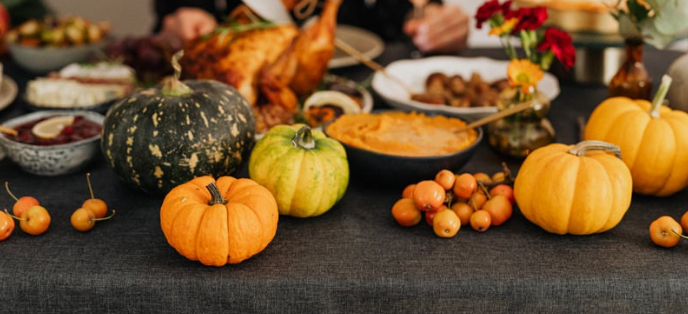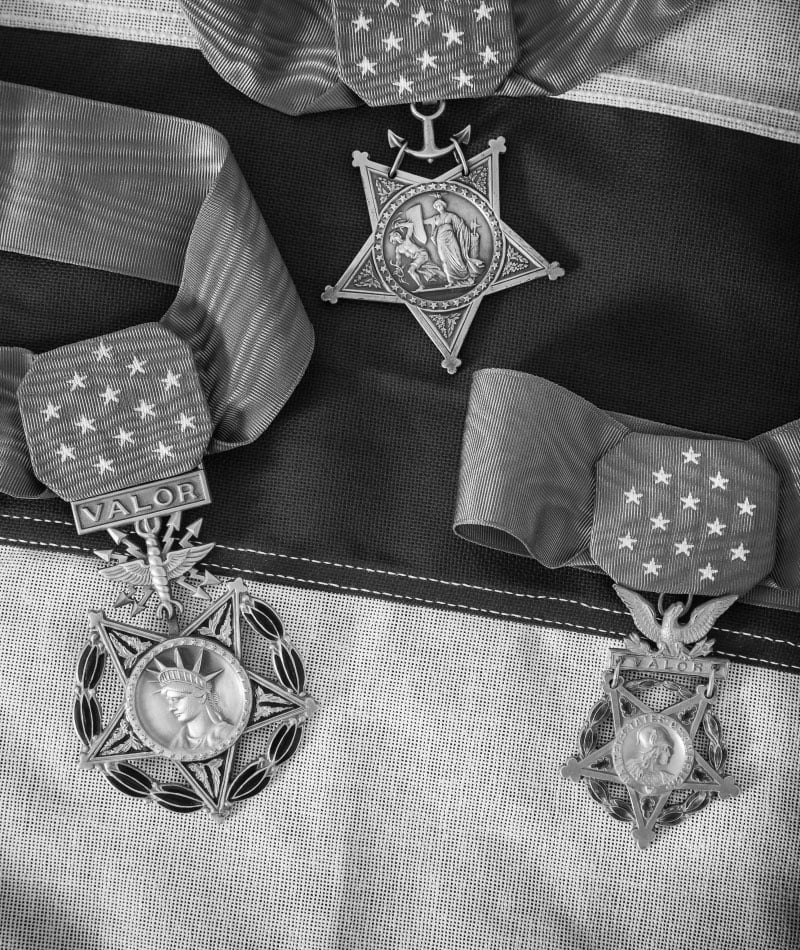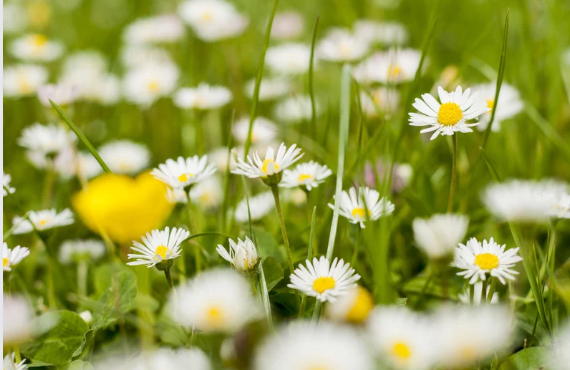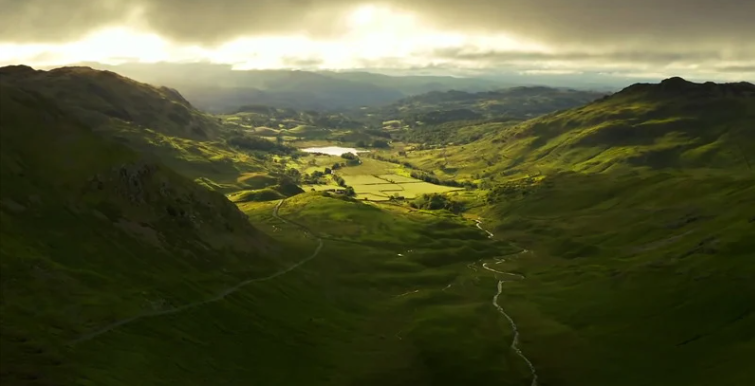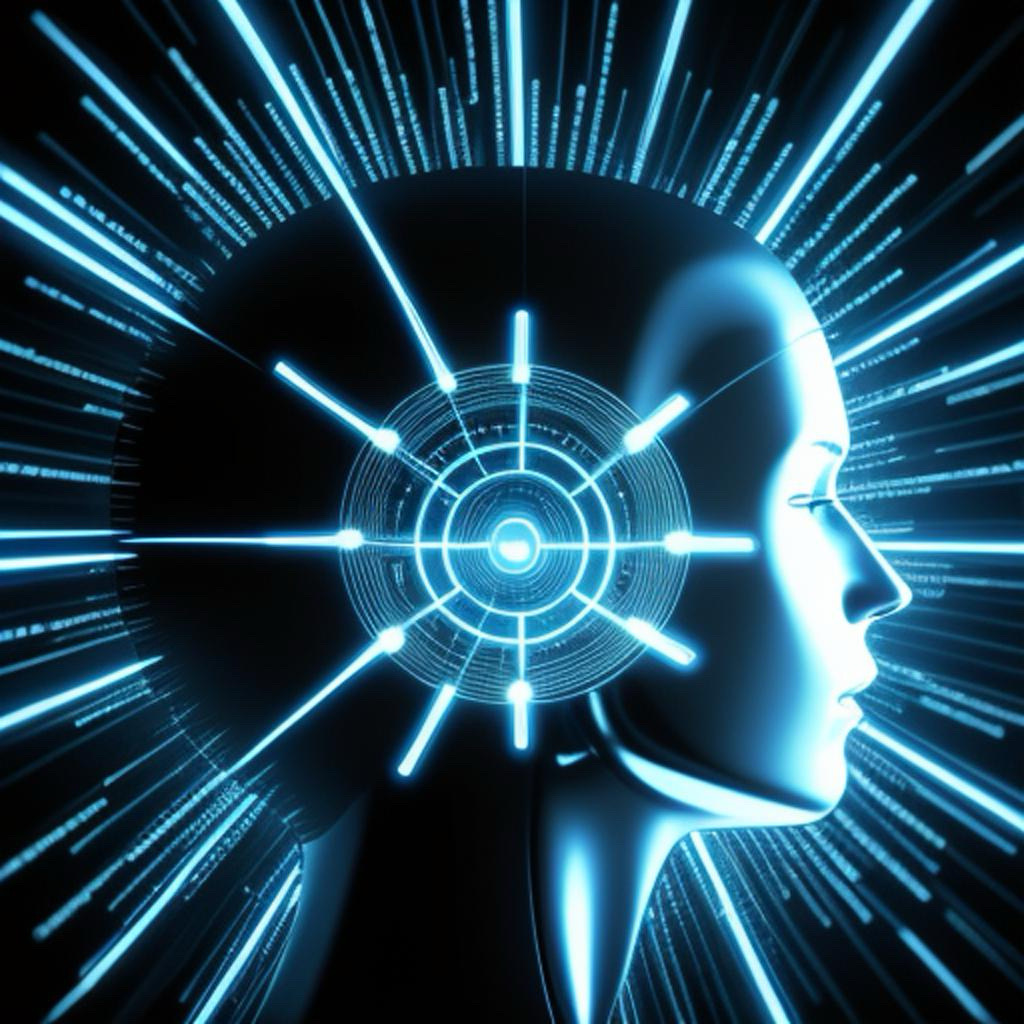The jovial day of family feasts is quickly approaching with the brisk, chilling wind and, despite the most well-circulated tale of peace, the backstory of Thanksgiving is much darker. The holiday is typically regarded as a time of gathering with a large collection of food. Following the story of the Pilgrims of the Plymouth Colony and Native Americans coming together, the latter taught the colonists how to survive in their new environment, culminating in a feast in 1621. 2023 marks 402 years since the event and serves as an important opportunity for reflection.
On a base level, it is relevant to mention that the tradition of a big, celebratory meal predates the Plymouth Colony and can be traced back to 1565 as Spanish settlers and members of the Seloy tribe broke bread together. In terms of colonist history, the sober day of 1623 commenced by the Pilgrims could more accurately be depicted as “the first Thanksgiving.” Nevertheless, the endearing tale of shared food and peace was largely spread by Abraham Lincoln and masked the bloodshed that followed.
Only a single generation later, the Wampanoag and the English colonists experienced very strained relations, which eventually led to the settlers taking over and occupying much of the others’ land. Furthermore, 90% of the Indian population was wiped out by a disease brought over by the colonizers. A transition of power occurred in the Indian tribe and Metacomet (King Phillip) came into a leadership role. His men eventually were executed by the English for the murder of John Sassamon, which sparked Indian raids and an eventual declaration of war in 1675. King Phillip’s War, as it was coined, was extremely devastating, with possibly up to 30% of the colonist population and 50% of the Native American population in New England being lost as a result. In the end, Metacomet was killed and displayed for 25 years as a warning. The war would only be one of many serious conflicts between the two opposing sides.
Modernly, many people have been rethinking their stance on, and celebration of, the holiday of Thanksgiving. Many reflections were inspired by the U.S. historical violence against Native Americans. In addition, the United American Indians of New England publicly mourn on the established day of Thanksgiving and have been for many decades. During this event, they gather in Plymouth, Massachusetts to remember the lives of millions of indigenous people who were lost to European colonization.
The history of Thanksgiving can often be controversial when traced back to its roots; however, regardless of one’s stance on the matter, it is crucial to acknowledge both sides of the historical figures involved in order to remain open-minded and appreciative of the truth.



